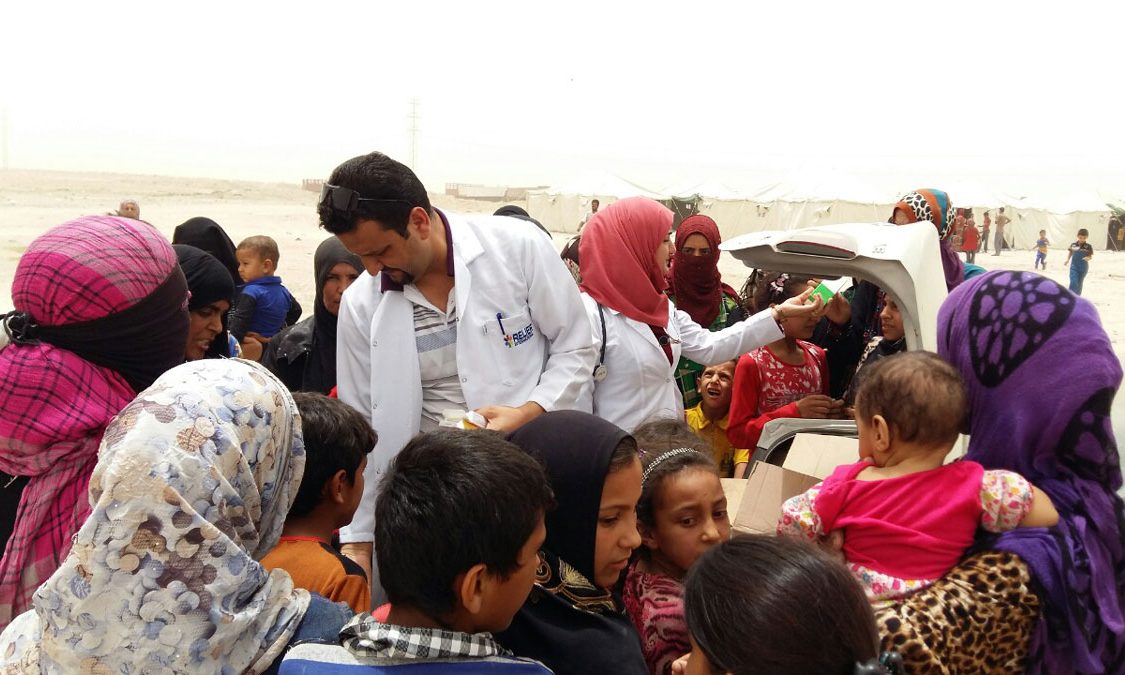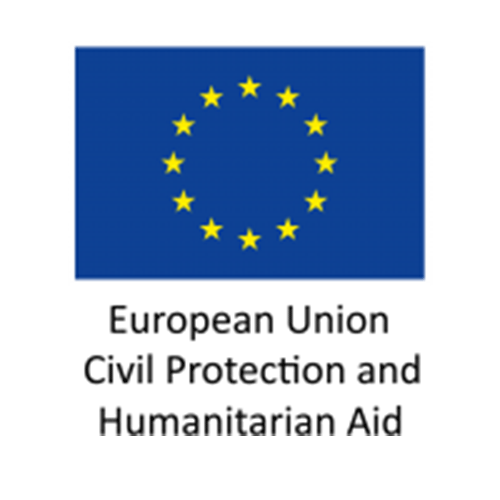Relief International is the only international non-profit organization providing healthcare to displaced families cut off from services in Anbar Province, including Syrian refugees crossing the border.
As the Islamic State took over large swaths of Iraq starting in 2014, an estimated 5.7 million people were forcibly displaced from their homes, the majority of whom relocated to western Anbar.
The group launched a brutal campaign in 2013, controlling parts of Iraq’s remote Anbar Province before continuing on to capture Sinjar and Mosul in 2014. While these areas were later retaken in late 2017, they remain extremely fragile and volatile today.
While many cities retaken from the Islamic State are severely damaged, people have begun to return to their homes. However, many are returning to unsafe areas that lack access to services, including basic medical care. More than four million Iraqis have chosen to return home, while at least 1.8 million remained displaced living in camps, slums, or urban areas.
Those who remain displaced are often the most vulnerable, who cannot afford to leave the area or to rebuild their destroyed homes. Or, who fear going home because they don’t feel safe.
Relief International is the only international non-profit organization providing healthcare to displaced families cut off from services in Anbar Province, including Syrian refugees crossing the border. Our teams are also providing life-saving healthcare in Kirkuk and Salahadin provinces. We also work in a number of camps for internally displaced persons as well as recently retaken areas, including in Hawija, which is the last city in Iraq to be liberated from ISIS control.
Over the course of this project, our teams provided 121,974 medical consultations for people in fragile, conflict-affected areas.
This program works to address a number of critical gaps that exist within Iraq’s current, war-stricken healthcare system. Our medical teams provide services ranging from emergency referrals and disease surveillance to rehabilitating damaged facilities, primary and reproductive healthcare, and mental health counseling administered through the provision of psychological first aid.

